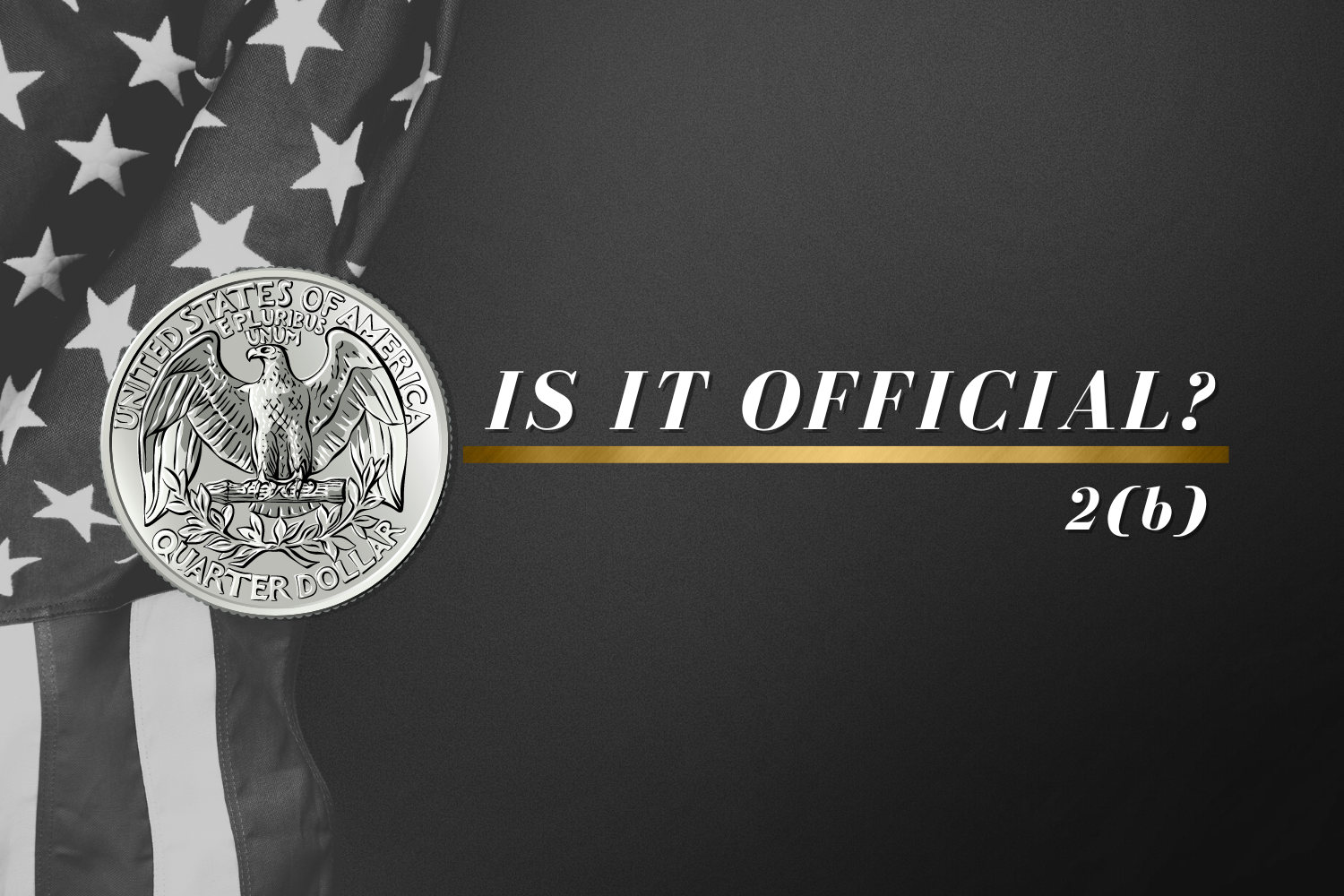IS IT OFFICIAL? FLAGS AND STATE/COUNTRY SEALS
Trademark registration is a crucial step in protecting the intellectual property of a business. However, not all trademarks are eligible for registration. The United States Trademark Act prohibits the registration of trademarks that consist of or comprise the flag or coat of arms or other insignia of the United States, or of any State or municipality, or of any foreign nation, or any simulation thereof. This restriction is in place to prevent confusion and protect the integrity of national symbols.
However, the Act states that no trademark by which the goods of the applicant may be distinguished from the goods of others shall be refused registration on the principal register on account of its nature unless it falls under the aforementioned categories. This means that as long as a trademark is unique and distinguishable from other trademarks, it can be registered regardless of its nature because designs that do not rise to the level of being emblems of national authority, or emblems of state or municipal authority, should not be refused.
Exception: As a result of the enactment of Public Law 98 525 on October 19, 1984, the initials, seal, and emblem of the United States Marine Corps are "deemed to be insignia of the United States," under 10 U.S.C. §7881. The amendments adding this section do not affect rights that vested before October 19, 1984. Applications claiming use after October 19, 1984 must be refused. TMEP §1204.02(c)
Aside from official marks, it is important to note that a trademark that is too generic or descriptive may also be refused registration. For example, a trademark for "Apple" would likely be refused registration for products related to apples, as it is a common and descriptive term. However, if "Apple" was used for a completely unrelated product, such as electronics, it may be eligible for registration. (See Registration Numbers: 3317089;3359045;3928818;6852651; and others)
Trademark registration provides businesses with legal protection against infringement and allows consumers to easily identify the source of a product or service. It is important for businesses to conduct a thorough search to ensure that their desired trademark is available, not already in use by another company in the same or similar class, and it's not expressly prohibited pursuant to the Lanham Act.
While there are restrictions on the registration of certain trademarks, businesses should not be discouraged from pursuing trademark protection. As long as a trademark is unique and distinguishable, it can be registered and provide valuable legal protection for the business. If you need help navigating a 2(b) refusal, we are here to help. Give us a call at 1-888-752-2629 or schedule an appointment here.

